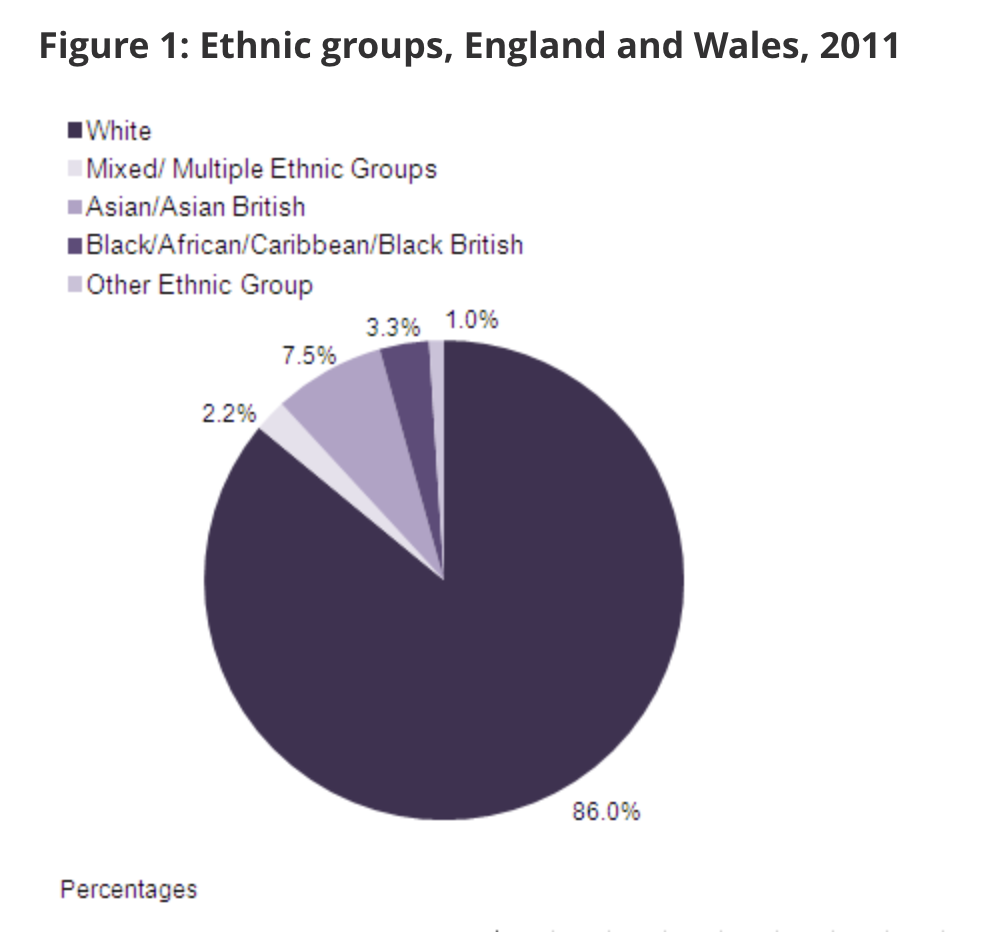I have read a number of harrowing, horrifying and humbling articles over the past 3 weeks or so, since the terrible murder of George Floyd in Minneapolis. I am, as a white British man, not the right person to sit here educating others on how to treat everyone equally and fairly. I can honestly say, the last few weeks have been an education and a real history lesson, not the ones I was taught as a youngster. It has however, given me time to reflect and realise how I’ve rarely worked in a properly diverse work environment, and how I’d like to change that in the future.
Before I start this article, I’d like to draw your attention to number of articles I’ve read over the past few weeks. Some have been very moving, some have been upsetting, and some thought provoking, but non-the-less, it’s worth your time.
Nico Vibert – Being a Black Man
Farhad Monjoo – Black Lives Matter is Winning
Pew Research Centre (Long read) – On Views of Race and Inequality, Blacks and Whites Are Worlds Apart
Let me set your expectations about this article from the get go, this isn’t a contraversial article about Black vs White, or a thin-veiled #BLM promotional article, this is my opinion on the lack of diversity in the workplace, not just colour, but gender, age, sexuality, language, or even income or education.
When I set out writing this article, it was over 2 weeks ago (early June), and without telling lies, its been the most difficult blog post to write. Not because of the sensitivity of the subject at the moment, but because I write every post with intention, whether it be to inform, or as a reminder to my ever-forgetful brain in the future. This was difficult to write, because honestly I’m a little embarrassed in my naivity when it comes to equality, diversity and inclusivity.
I, as many of you know, am a white man, born in the UK and have always lived in UK. In my part of the UK, nowadays 87.1% of the population have grown up with the same privilege that I have. Back in 1991, that same figure was 94.1% nationally. Some may say the change in the statistics is positive, but its only positive if we’re treating 100% people the same. We’re not.

On top of that, I’m a man – another challenge even today in the workplace with clear discrimination against women – you only need to look at the MeToo movement and sadly numerous articles about women missing out on jobs because ‘they might get pregnant’.
I am also a straight man – again, this is not something that should make a difference, but how few sportspeople have come out in the past 20 years. I bet you can count them on one hand, and although I don’t have any statistics to back this up, I can bet there are plenty of active sports professionals too scared to speak up.
Education is another area people are actively targeted over. I was very fortunate to have attended University as a young man/boy, not because I was ‘loaded’, but because I had the opportunity to go. If I wasn’t a white British straight man, would that opportunity have come my way? Unlikely.
Lastly is income. A term that I know well is ‘being born with a silver spoon in your mouth’. It describes someone who was born into affluence, a family with money essentially. I am proud to say, that isn’t me – and I have worked hard to earn what I have. However, one thing my mother always taught me from a young age is that there are plenty of others far less fortunate than me, a phrase that has stuck with me and I will teach my children the same.

All 7 of those factors are common reasons why people are actively discriminated against in 2020 Britain. I am quite ashamed by that. I would like to think that most don’t consciously discriminate, however I accept that some consciously do. The big question for me though, can we and how do we change this in the workplace?
I’ve read far too many articles about this recently, most focus around education of the young, others say its a HR issue, some say it requires and ‘equality strategy’ or ‘some hard policies’. But how do we ensure that people are treated equally and fairly? Underneath all the protesting, the movements and the anger is a simple message – treat everyone the same.
- Provide a safe area / method to raise discrimination issues. These can be anonymous, but if they are, its very difficult to investigate.
- Educate everyone on the different ways discrimination can rear its ugly head. ‘Jokes’ in the office, recruitment choices, bias in projects – they can all exist.
- Do not assume its one person’s or one department’s problem. HR teams are often overworked and a very small percentage of a businesses head count. It’s everyone’s responsibility, whether you’re black, white, asian, female, male, tall, short, speak English or Klingon as your native language.
- Think before you speak. Work doesn’t have to be boring, you can have a laugh, but not at someone else’s expense who could be hurt by your comments.
I, like many, have a lot to learn – and it can be difficult if you’ve spent the last 35 years of your life in a privileged position. It must be even more difficult for generations before me, but we can all make an effort to be more inclusive.
When you’re next recruiting, looking through the CVs, stop and think about the different dynamic having a woman in your team can make. So you can’t pronounce the applicants surname, don’t worry about it – just ask him and her at the interview – you’ll laugh at it in years to come. A member of your team doesn’t wear designer shoes or maybe looks a bit scruffier than you – it doesn’t mean they can’t do the job, they may not see clothing as important – their work output should be what you’re concerned about.
After all is said and done, we’re all humans – irrelevant of what we look like. We’re all born the same way, and sadly we die the same way too. But whilst we’re on the planet together, we should treat everyone fairly and equally.